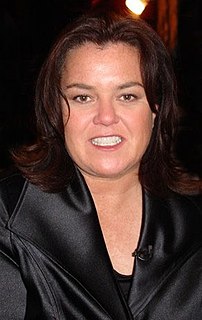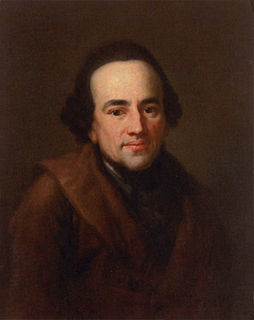A Quote by Francis Schaeffer
The arbitrary division between church and state... is used, as an easily identifiable rallying point, to subdue the opinions of that vast body of citizens who represent those with religious convictions.
Related Quotes
Of all the differences between the Old World and the New, this is perhaps the most salient. Half the wars of Europe, half the internal troubles that have vexed European States... have arisen from theological differences or from the rival claims of Church and State. This whole vast chapter of debate and strife has remained virtually unopened in the United States. There is no Established Church. All religious bodies are equal before the law, and unrecognized by the law, except as voluntary associations of private citizens.
It is true that traditional Christianity is losing some of its appeal among Americans, but that is a religious, not political, matter. It is worth remembering that the Jeffersonian 'wall of separation' between church and state has always been intended to protect the church from the state as much as the state from the church.
So the journey is over and I am back again where I started, richer by much experience and poorer by many unexploded certainties. For convictions and certainties are too often the concomitants of ignorance. Those who like to feel they are always right and who attached a high importance to their own opinions should stay at home. When one is traveling, convictions are mislaid as easily as spectacles; but unlike spectacles, they are not easily replaced.
Today the separation of church and state is America is used to silence the church... The way the concept is used today is totally reversed from the original intent... It is used today as a false political dictum in order to restrict the influence of Christian ideas... To have suggested the state separated from religion and religious influence would have amazed the Founding Fathers.
The starting point and the ending point are nothing but two arbitrary choices. You make them as in soccer games, where they chose that it's 90 minutes, not less and not more. But the choices are the responsibility of the filmmaker. You have to choose to join the story at an arbitrary point, and you leave it at an arbitrary point.
Today courts wrongly interpret separation of church and state to mean that religion has no place in the public arena, or that morality derived from religion should not be permitted to shape our laws. Somehow freedom for religious expression has become freedom from religious expression. Secularists want to empty the public square of religion and religious-based morality so they can monopolize the shared space of society with their own views. In the process they have made religious believers into second-class citizens.
A state that denies its citizens their basic rights becomes a danger to its neighbors as well: internal arbitrary rule will be reflected in arbitrary external relations. The suppression of public opinion, the abolition of public competition for power and its public exercise opens the way for the state power to arm itself in any way it sees fit.... A state that does not hesitate to lie to its own people will not hesitate to lie to other states.
Prior to and during [John] Locke's time, it was difficult to determine where religion or church left off and government or state began. The powers of both were often combined. As a result, churches frequently used the force of the state to promote and enforce their interests and doctrines. This caused horrendous atrocities against Jews and heretics, as well as the European religious wars between Catholics and Protestants of the sixteenth and seventeenth centuries that resulted in the deaths of millions of people.




































